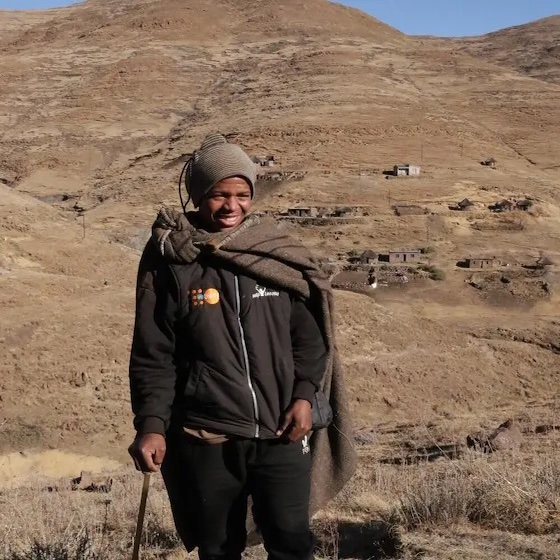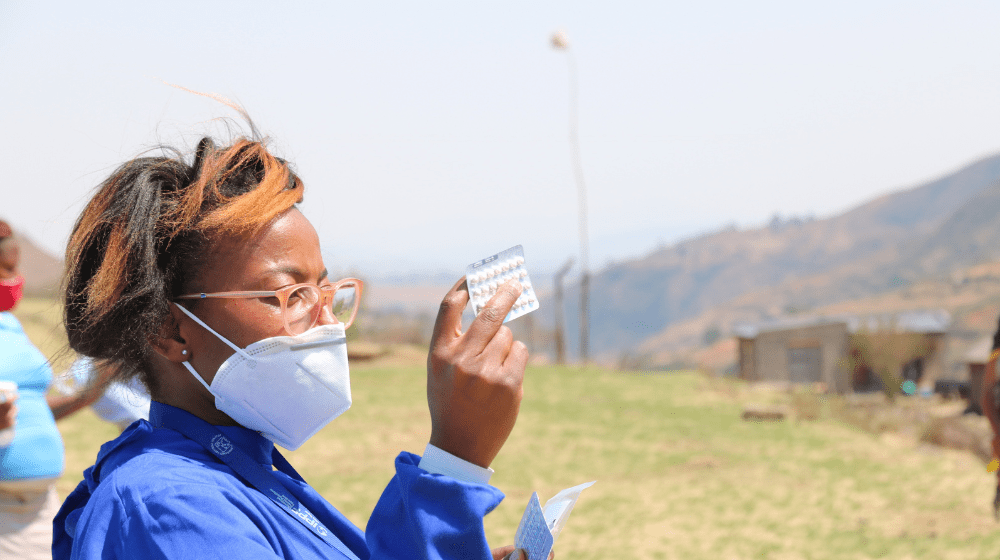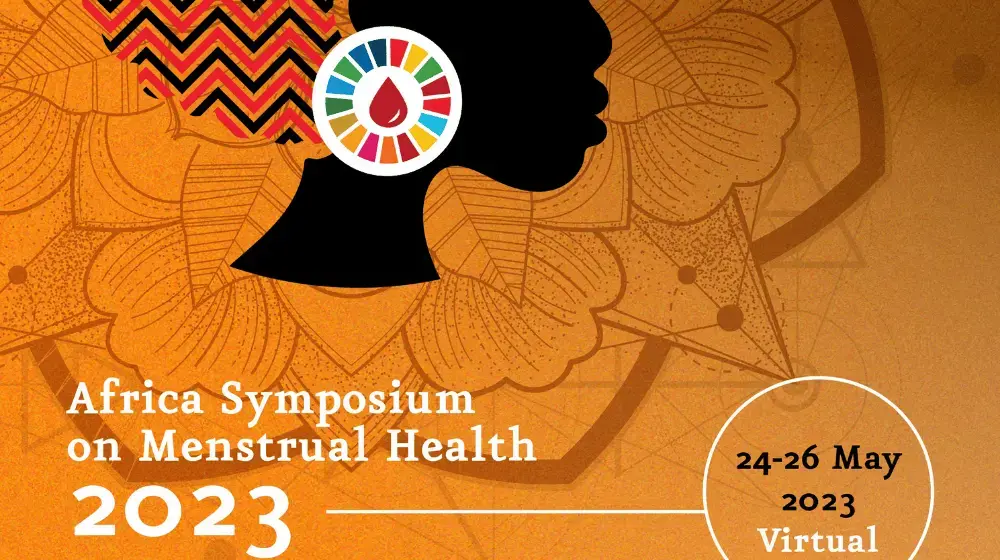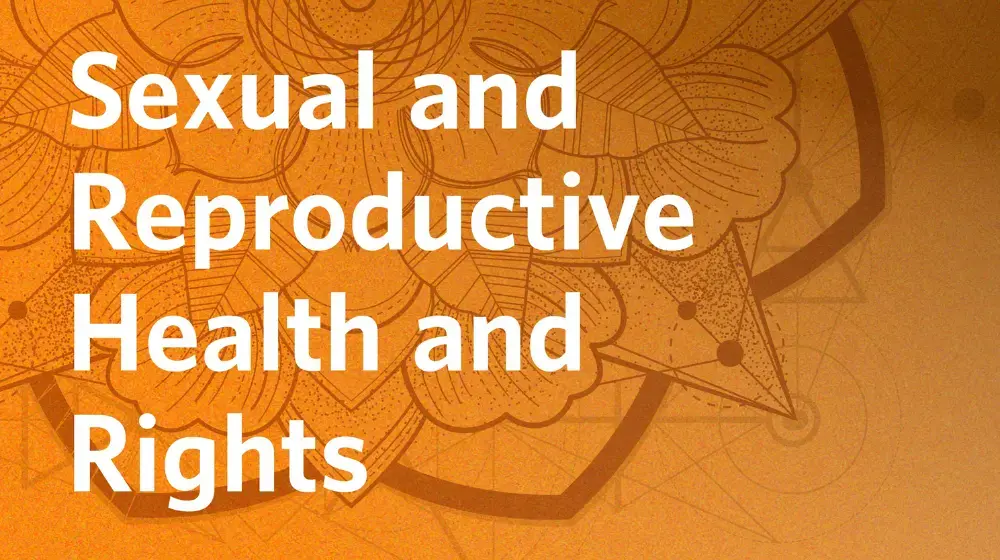MAPOTENG, Lesotho – "I want to be pregnant when I want, not by mistake,” 19-year-old Makhethisa told UNFPA, the United Nations sexual and reproductive health agency.
Around the world, half of all pregnancies are unintended. In Lesotho, though, the share is even higher: Recent research indicates up to two thirds of all pregnancies are unplanned, with many occurring among girls Ms. Sebajoa’s age and even younger.
The consequences of early childbearing can be devastating. Pregnancy may force young women to quit school and lead them into chronic poverty; it can also leave girls susceptible to dangerous health complications, including from unsafe abortions.
With lives on the line, the Government of Lesotho is promoting the use of a powerful tool – namely, contraceptives – to uphold the right of women to decide if, when and how they want to become mothers.
“Contraception enables women and girls to plan their futures and fulfil their potential,” said UNFPA Executive Director Dr. Natalia Kanem. “Let's invest in their power to choose. It's an investment in a healthier, more equitable world for all.”
Meeting the need

According to national surveys, unmet need for family planning stood at 18 per cent in 2014. UNFPA-supported programming aimed at strengthening contraceptive supply chains has helped to expand access, and women like Ms. Sebajoa have benefited.
“Without contraceptives, my partner and I most likely [would] have had an unplanned child,” she told UNFPA.
But contraceptives do more than prevent pregnancy. Condoms, for instance, dramatically reduce the risk of HIV transmission – a significant issue in Lesotho, where nearly one in four women aged 15 to 49 is living with the sexually transmitted infection.
Rantahli Mosae, a livestock herder living in Mant’sonyane, has taken it upon himself to educate his peers on sexual health and to distribute condoms among them. “When we talk about sex, that’s when they ask a lot of questions, giggle and express their views,” he told UNFPA.
Plan families, save lives
Around the world, progress on preventing maternal deaths has stagnated. And in Lesotho, the maternal mortality rate remains high, at 566 per 100,000 live births.
“We are acutely aware of the connection between unmet need for family planning and maternal mortality,” said UNFPA Lesotho representative Innocent Modisaotsile. “The chain reaction is clear.”
Yet access to contraception can set off another chain reaction: One in which a woman’s agency over her body unlocks opportunity for her future.




